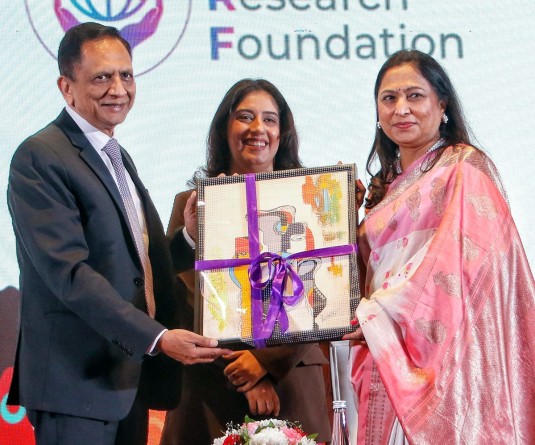Photo: Pexels (IANS)

New Delhi, January 17 (IANSlife) In a recent consumer study by the Indian dating app QuackQuack with 11,000 participants from Tier 1, 2, and 3 Indian cities, daters from different age groups and backgrounds share valuable insight and personal experiences on spotting a red flag while dating online. From the subtle to the glaring, these red flags will help young and new joiners spot an imperfect match from miles away.
The study was conducted online for a week among participants aged from 20 to 40; a majority of these individuals were working professionals and business owners, and a portion of them were students.
QuackQuack's Founder and CEO, Ravi Mittal, commented on the study, "We are now close to 30M users and felt it essential to educate people on reading signs that might indicate a toxic trait in a person early on and keep them from making the same mistakes as their predecessors. It is not about mistrust; it's about making sure your partnership thrives. Addressing a problem in the initial stages is the key to a successful relationship."
Control and Manipulation
A significant portion of the participants identified control and manipulation as a red flag. 34% of female and 22% of male daters disclosed being in a controlling relationship. Control and manipulation in relationships can manifest in various forms, they cleared. It can be excessive monitoring, such as checking phones and tracking whereabouts without consent, gaslighting, emotional blackmail, threats or guilt-tripping, trying to control finances, dictating appearance and behaviour, and more. It is critical to address these issues openly and as early as possible. They also highlighted the importance of maintaining individuality and autonomy in a relationship.
Disrespect
39% of men flagged consistent disrespect as a major concern. It encompassed undermining their jobs, demeaning comments to their friends and family, and being inconsiderate of their values and beliefs. It can come in any form; partners lacking consideration for each other's feelings is also a sign of consistent disrespect. Respondents shared accounts of persistent disrespect in their past relationships and how it eroded the foundation. They also emphasized the need for mutual respect as a fundamental aspect of any healthy partnership.
Inconsistent Behavior
The biggest red flag in an online match is inconsistent behaviour, as mentioned by a large majority of participants. 48% of these daters from Tier 1 and 2 cities explained how paying attention to one's behavioural pattern for the initial interaction can help daters dodge toxic alliances. Matches exhibiting sudden mood swings, with high highs and low lows, unpredictable reactions, and noticeable changes in attitude from day to day are all red flags. These users stressed the importance of consistency and stability in a match's behaviour as an indicator of emotional well-being and compatibility.
Lack of Accountability
28% of respondents over 30 from Tier 1, 2, and 3 cities recognized a lack of accountability in a partner or a match as a red flag. They mentioned that it comes in many shapes and forms, ranging from a refusal to take responsibility for one's actions to shifting blame onto others, or an unwillingness to apologize and make amends. These individuals revealed that they quickly unmatch or let go of a relationship once they spot any of these signs. They emphasized that accountability is crucial for personal growth and the health of a relationship. They also urged young daters to not overlook these in the name of love; it will lead to serious issues in the relationship and disruption of mental peace.
Isolation
33% of women between 20 and 28 narrated how their ex-partners attempted and often succeeded in isolating them from their friends and family, establishing themselves as the sole source of support. This red flag involves efforts to control social interactions, limit outside influences, or create a sense of dependency. From subtle actions like not letting them hang out with certain friends to making sure they informed every step they took in their day-to-day lives, these women encountered various forms of isolation techniques. They also mentioned that people might not be aware that they are isolating their partner from others, and the onus, unfortunately, is on you to identify and rectify it.






